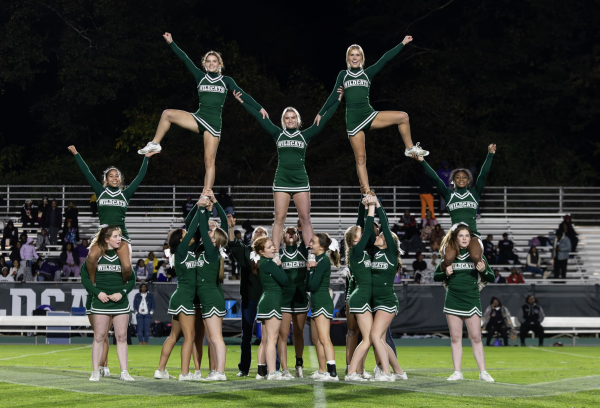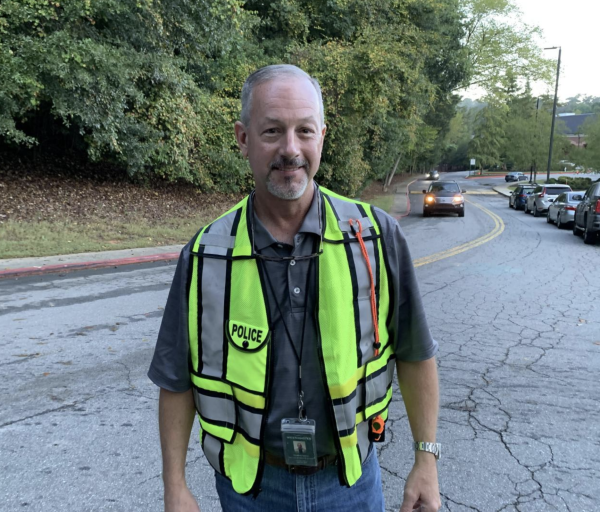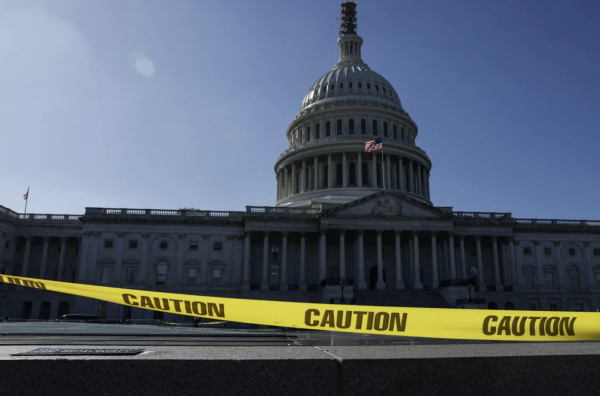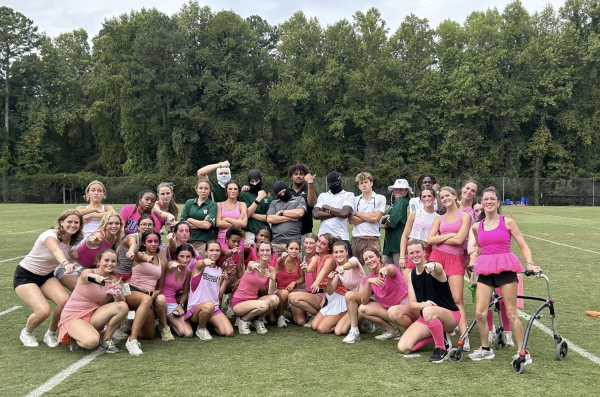Steve Frappier in Ft. Lauterdale airport tragedy
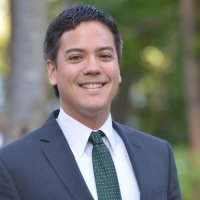
The frequency of news reports of innocents shot to death, and everyday explosions, seems to be increasing. With each additional shooting, terrorist attack, or bombing, humans react with lessening intensity. Humans are becoming desensitized to violence and terror in the modern world.
When on Friday, Jan. 6, 26-year-old Esteban Santiago began shooting in the Fort Lauderdale-Hollywood International Airport near the Terminal 2 baggage claim, five were killed, and eight others were injured. The airport was put on lockdown, flights were cancelled, and many fled without their baggage.
“I thought that over time we’ve increased security and protection, but the threat still remains,” said senior Michael Rossin.
Esteban Santiago had checked and declared his pistol following all guidelines. After arriving at the airport in Fort Lauderdale, he retrieved his pistol from his luggage at baggage claim, walked to the men’s restroom to load it, and emerged with the gun hidden under his shirt. He began to run, aim, and shoot until he had depleted his supply of bullets.
Santiago was reported to be mentally ill but was able to carry a gun because he had been in the National Guard. Following the shooting, questions of what needed to be done to prevent more mass shootings once again arose. The Second Amendment maintains that citizens have a right to bear arms, but it has become controversial considering incidents such as the Fort Lauderdale shooting.
“Personally, I think that obviously we have Second Amendment rights to own guns,” said junior Mason Arbery. “It’s fine to have a gun for protection. However, I think there’s definitely a lot of evidence that if you reduce the amount of guns a neighborhood or city owns just by a little bit the number of crimes committed by guns and the amount of people killed by guns goes down as a result.”
Instead of abolishing the Second Amendment as a whole, many, like Arbery, are in favor of stricter background checks and assault rifle bans.
“Everybody would [still] be allowed to have a gun, but some of these shoot[ers] have been people who have found guns through a loophole in the system or bought them online,” said Arbery. “An assault rifle ban would make sure you can’t shoot hundreds of bullets at the same time, which I think would make sense in reducing the amount of mass killings.”
Still others do not believe the incident was related to the Second Amendment but rather stricter new TSA regulations.
“I believe that [the TSA] should have more funding…[and] more efficient leadership because they are the frontlines in this new type of war,” said Rossin. “They are preventing…bad people from coming in. Allowing someone to have a firearm and ammunition in what is supposed to be a place with heavy security should not be allowed. This is not a Second Amendment issue, in my opinion.”
Most people believe that shootings are tragedies that can also serve as a call to action for the general population.
“As civilians, we have an obligation to put pressure on our state legislature to make sure that these kinds of things don’t happen again,” said senior Myles Hudson. “We [should] call these people and let them know that we are really affected by this incident, and other incidents of gun violence, and we feel like something needs to be done to prevent it.”
Although the events of the Fort Lauderdale airport shooting are scarcely different from the pattern of shootings across our nation over the past few years, head of college counseling Steve Frappier’s near-death experience in it makes it uniquely touching to the Westminster community. Frappier had flown from Atlanta to Fort Lauderdale that morning and was shot at in the terminal. His backpack and laptop took the bullet and saved his life.
“The backpack saved my life,” said Frappier. “[I] dropped and the backpack was still on my back and I was turned in such a way that at one point when the shooter shot toward my direction … there was a bullet that ricocheted.”
News of Frappier’s involvement in the shooting spread quickly to shocked Westminster students and teachers.
“I first read about it on Friday around 3 p.m.,” said Hudson. “[At first] I thought he was actually injured, so I was really, really concerned, but it was very nerve-wracking. I was really upset about this particular event because it happened to someone I consider myself relatively close to..The CNN interview was the last straw for me…I started crying when I heard that.”
Having someone so well-loved and well-respected who is an integral part of the Westminster community be so close to tragedy definitely shifted students’ perspectives on mass shootings like this one.
“I [usually] think to myself, oh, well, that’s really terrible for them, but it never really went through my head that it could happen to me,” said Arbery. “Just seeing that someone I knew was this close to dying was a shock to me, which made [the shooting] very real and very close to my community.”
The sequence of unlikely circumstances surrounding Frappier’s survival contributed to the situation’s impact at Westminster.
“Seeing him describe in detail how he’d seen a man and his wife get gunned down in front of him and the fact that he was literally inches from death was really scary,” said Hudson. “Even though he’s okay physically, I feel like mentally we as a school need to be there for him.”
Many believe that opening discussion about preventing further violence provides hope for the community and for the future of our nation.
“I feel like it’s really good to have discussions about these things,” said Hudson. “Even aside from just the thinking aspect, it’s good if you are a person in favor of gun control to try to help people understand that it’s not [as much] about taking guns away as it is about making sure we don’t have so many incidents like this one. Something needs to change so we aren’t stuck on the same plane for the next 100 years.”
Following mass shootings including the Fort Lauderdale shooting, people around the country often share opinions on how to change things for the better and are therefore accused of “politicizing violence.”
“On one hand, you want to keep the focus on people: this is a tragedy, and we want to make sure the families are doing okay, and we as a community need to come together to bring this shooter to justice,” said Hudson. “But on the flip side of that, there’s no way to progress beyond the actual incident and try to make change without involving some kind of politics in it. Because all politics is at the end of the day is just making sure that civilian interest is put into law. In the politicizing of the incident, it’s important to understand that usually people are just trying to make change in whatever way they think is best.”
Another aspect of mass shootings involves the extensive media coverage. Past tragedies such as the Orlando shooting and the Boston Marathon bombing received weeks of nationwide coverage, which potentially draws attention to the shooter.
“I don’t think we should not cover it, because that kind of suggests that [the media] doesn’t really care about the incident,” said Hudson. “I do think there should be less focus on the shooter and more focus on the actual people affected. Hearing Mr. Frappier’s testimony made me more self-conscious of my personal outlook on the situation…that more needs to be done. This is what’s going to make change, because people react more to personal testimony and what comes from the heart instead of just listening to a talking head on CNN talk about the shooter and his history..The shooter isn’t the one affected, it’s the people affected by the shooter.”





